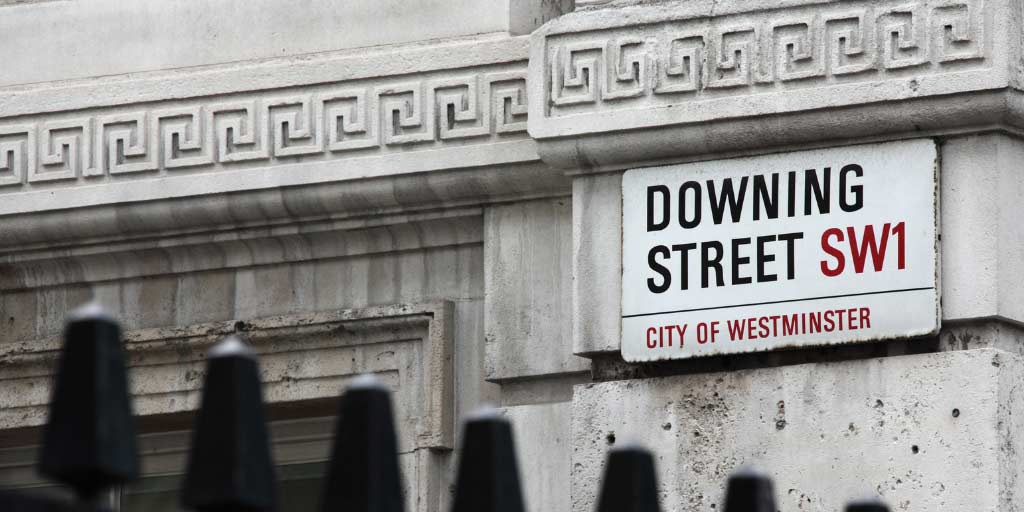This information should not be interpreted as financial, tax or legal advice. Mortgage and loan rates are subject to change.

Category: government and politics government and politics
government and politicsThe Renters Reform Bill has completed the committee stage in Parliament, seeing over 270 proposed changes. The National Residential Landlords Association (NRLA) breaks down which amendments were government-led, which were wins for landlords, and which amendments they feel are still needed.
Victories for landlords
If the Bill passes, landlords of student Houses of Multiple Occupation (HMO) will now be able to regain control of their properties within the academic year – courtesy of the NRLA, who advocated for this policy.
However, while this amendment was accepted by the committee, the NRLA believe the ability to repossess student lets within the academic year should stretch to all properties under student lets, not just HMOs.
There were also a number of proposed changes to the Bill that weren’t in landlord’s best interest, for example: extending notice periods; increased evidence requirements for some eviction grounds; red-tape around same tenancy rent rises.
Interestingly, the Housing Minister rejected these changes, arguing that landlords need to feel confident that they can regain possession of their property in a timely manner, when they are in their right to.
Amendments the NRLA believe landlords still need
The NRLA believe that despite positives coming out of the committee stage, there are still aspects of the Bill that mean it may fail to ease landlords’ nerves about such a big change to the market they’re in.
They point to an aspect of the Bill that, they say, seriously needs review: the initial minimum tenancy period.
If tenants do not have a minimum tenancy period, it is possible landlords may have to go through many tenants in a short space of time, and front the cost of doing so.
By setting an initial minimum tenancy, the NRLA believe that landlords will feel more comfortable in a market that ensures longer tenancies, and less void periods.
Key amendments from Government
In the first version of the Bill, there was no mention of banning ‘discriminatory advertising’ or implementing a ‘Decent Homes Standard’ – both promises made by Government in their initial pledge.
Nonetheless, both were added to the Bill in the committee stage, and were accepted by the committee.
Currently, the Decent Homes Standard is regulation detailing the standard social housing needs to be at in terms of quality.
A Decent Homes Standard for the private sector would mean private landlords are legally obligated to ensure that the properties they rent meet a certain quality threshold (e.g. lack of mould, damp, etc.)
With regard to the Decent Homes Standard amendment, the NRLA note that the update gives Government the flexibility to define the specifics of the new regulations at a later date.
Jacob Young MP, the Levelling Up Minister and Government's Bill Committee spokesperson, assured the public that details are set to be unveiled.
What now?
As landlords get more and more clarity on the Bill, some boxes are being ticked, but some certainly have not, yet.
While landlords have had some positives from the Committee stage of the Bill, there is a long way to go before landlords can feel confident in the landscape ahead.
So, where does the Bill go from here? Now that it has completed the committee stage, it advances to the reporting stage.
This is where MPs from both sides deliberate on any further changes made to the legislation.
The NRLA expect the reporting stage to occur before the Christmas break, although they caveat their prediction by reminding us there is no fixed time between the committee and reporting stages.
But with an election looming, and Labour leading in the polls, could the Government’s efforts to bring about a balanced Renters Bill be in vain?
